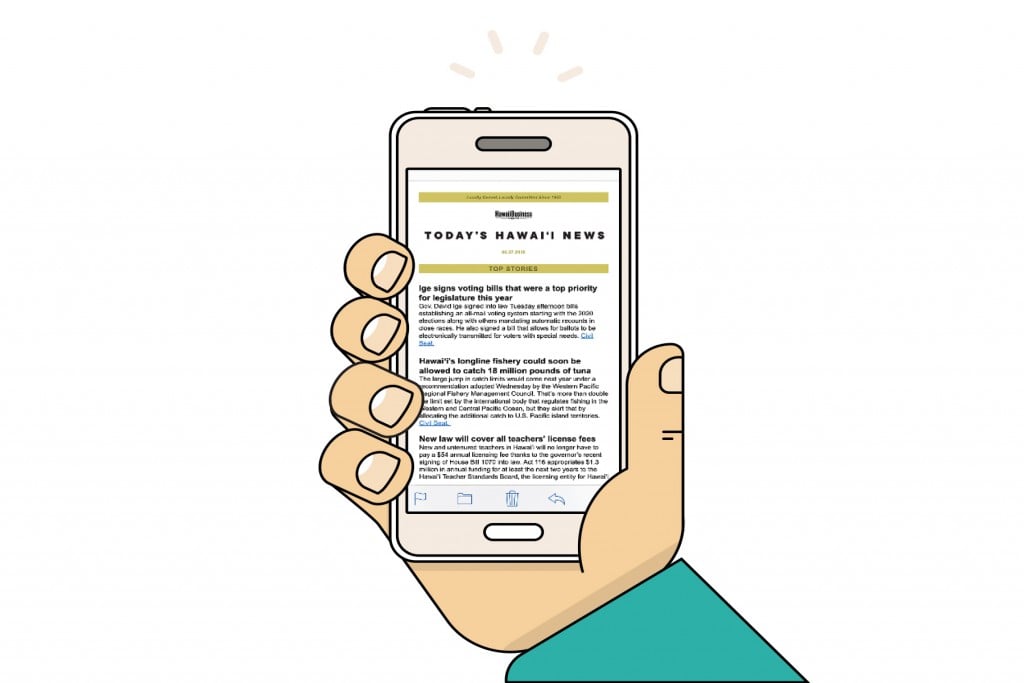Editor’s Note: I Have Become My Parents

There is a clever series of TV commercials from Progressive Insurance with the theme of a man becoming like his mother, and a woman becoming like her father. In the ads, the humor comes from the children adopting the annoying habits of their parents, like pushing food on others, but the virtuous punchline is that the children have also adopted the common-sense frugality of their parents.
I’m proud to say that – after my youthful rebellion – I slowly became like my parents, adopting attitudes and habits like frugality, and valuing education, hard work and an open mind. I also feel I have transcended them in important ways, largely because of sacrifices they made for me, but also because of the benefits of living in today’s world. My personal job remains to adopt the best traditions they and others handed down while embracing the best that modernity offers.
That personal challenge is faced on a larger scale by the leaders of every organization in the modern world, whether it is a company, a nonprofit or a government agency. Like rebellious teenagers, we often want to bust up flawed organizations. But when we end up in charge, we sometimes realize our parents had reasons for what they did. Or, to quote a modern rebel who insisted he would quickly fix things: “Nobody knew that health care could be so complicated.”
Our devotion, for instance, to all things digital and immediate has revived interest in meditation, mindfulness and prayer – ancient traditions that taught us how to disconnect from the world in order to discover something more meaningful. Or simply to calm down and cope. I know I need those traditions sometimes to rescue my mind from modernity.
Salary transparency – one of a gazillion of those modern-world-vs.-tradition issues – is explored in an article by contributing writer LiAnne Yu, starting on page 64.
America’s evolving culture has decided that women should be paid the same as men for work of equal value. (I know not everyone in America agrees with that statement, but most of us do. And most of the holdouts at least want wage equality for their own daughters, if not for everyone else’s daughters.) We agree on equal pay for equal work, but the long-term trend toward wage equality stalled more than a decade ago, as LiAnne’s article shows.
There are many reasons for that stagnation, but one cure would be salary transparency: complete openness about what everyone in the company is paid. The state government was forced to do that with its employees’ salaries, so wage discrimination that does exist in state government is now in the open. Hopefully, it will diminish with time.
You probably don’t act at your company because you foresee anger and shame among your employees and managers if salary secrets are revealed. Here’s my solution: Give yourself and your company a hard deadline of three years and at the end of those three years, come clean and reveal everyone’s salaries. But spend the intervening years going through the numbers and either justifying them or fixing them. If you are ashamed of those salaries, you have three years to make them right. Admit it: Without a hard deadline, it’s likely nothing will change.
Your openness may become another reason people will want to work for you. There are no guarantees. But the consequence of our collective inaction is certain: It will mean another generation or two of pay inequality for our sisters, wives and daughters. That’s a horrible tradition to maintain.






